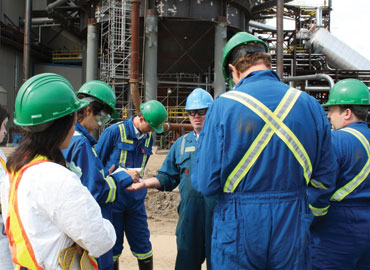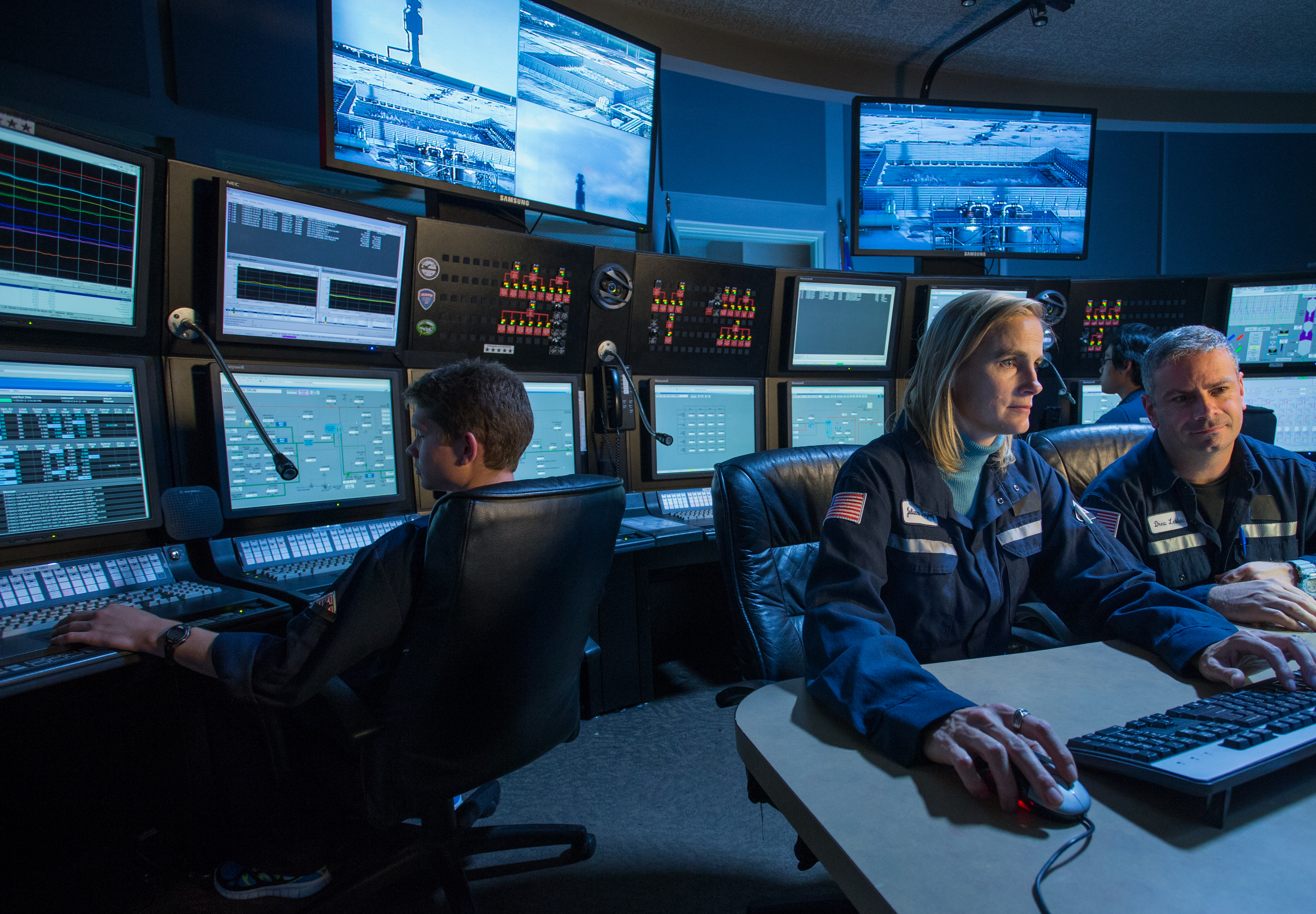Safety

Safety in the Oil and Natural Gas Industry
The U.S. oil and natural gas industry is committed to zero incidents across all types of operations and modes of transport, regardless of risk. This commitment is demonstrated in the investments in research, construction, operational integrity and process management that are made every year by oil and natural gas companies. Huge strides have been made in the efficiency of operations, which have led to the current American energy renaissance. This renaissance has made America the world’s leading producer of oil and natural gas. Simultaneously, there has been a continual decline in the number of incidents involving the production, processing and transportation of oil and natural gas by pipeline, ship, and rail.
Investments in technologies, such as smart pigs which check the integrity of pipelines, new tank cars which will be more resilient in a derailment, and auditing and vetting programs which assure ship safety, are all ways in which the oil and natural gas industry leads in safety. The standards developed by API members for the industry are another means to bring all operators up to a common level of operational safety. These standards are adopted globally, bringing the industry as a whole to a level of safety to which other industries aspire. The oil and natural gas industry is proud of the gains that have been made to ensure the safety of workers, communities and our nation’s economic stability. The industry is committed to continuing to invest in the areas where we can improve safety and to promote the goal of zero incidents throughout the industry and within those industries with which operations are interdependent.
People
The most important component of any activity within the oil and natural gas is the workforce. Training, career development, standards and communication are just some of the tools used by companies to ensure they have the best personnel operating at the highest level of competency and safety possible within their specific areas of responsibility. Corporate training and policies are designed to address not only job competencies, but those events that have the potential to affect the workplace if an incident were to occur.
Read More: API's Workplace Injuries and Illnesses Safety (WIIS) Report
Processes
Process safety management is fundamental component of operations throughout the oil and natural gas industry. Operators implement safety management systems to ensure safety processes and practices are woven into the culture of the industry. The industry has developed standards for safety management for refineries, pipelines and other infrastructure within the petroleum and petrochemical industries. These standards have been accepted and implemented across the industry and supported by the agencies that regulate the oil and natural gas industry. Thirteen API standards are incorporated into OSHA regulations for workplace safety.
Read More: API Process Safety Standards
Technology
The U.S. oil and gas renaissance has been based primarily on the development and improvement of technologies that have allowed operators to identify, access and produce domestic resources that were previously considered unrecoverable. As cited in the Workplace Injuries and Illnesses Safety (WIIS) Report by the U.S. Oil and Natural Gas Industry the growth in the industry has not been accompanied by a similar growth in incidents. The technologies in use today and those that are being created and tested have safety incorporated as a key feature, highlighting the industry’s commitment to zero incidents.


